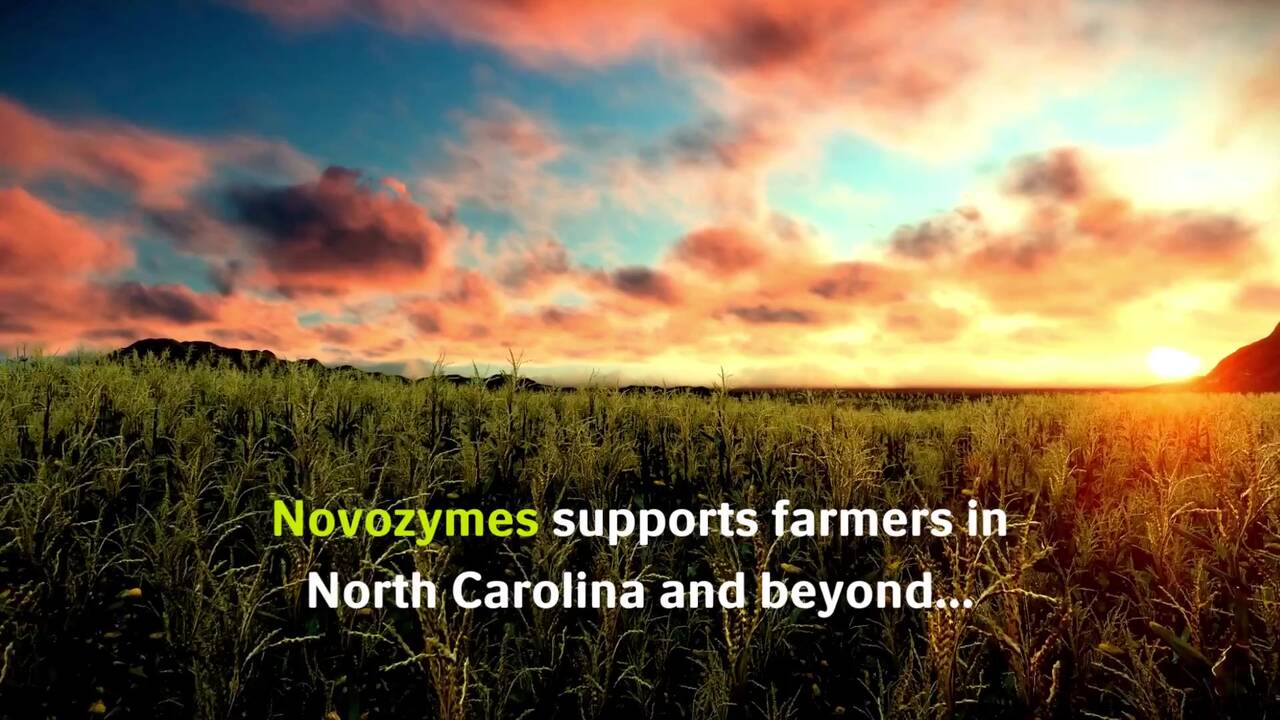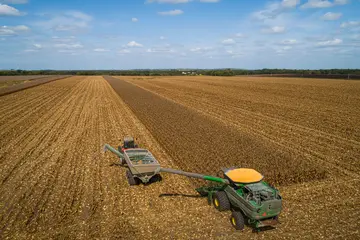Giving back through biomass: empowering farmers in Franklinton, NC and beyond
We’re helping to grow the local economy—literally.
Novozymes has established itself as a primary source of sustainability through providing free fertilizer to farms in the Franklinton area via recycled, nutrient-rich biomass, which is the byproduct of Novozymes’ enzyme production. This service, which gives the biomass a new purpose, has proved to be effective for individuals across the agricultural industry and grew exponentially through word-of-mouth advertising.
While some individuals were hesitant to use biomass fertilizer for their products, Novozymes stepped in to provide transparency on the origin and effects of the biomass. This helped develop a trustworthy relationship between Novozymes and the local community.
Community connections
This success boosts the pride Novozymes has regarding its relationship with the local community. “Novozymes is currently distributing 80 to 90 trucks of biomass a day that will be spread on the farmland in the nearby areas,” said Mike Newcomb, senior director of operations at Novozymes North America’s headquarters in Franklinton. “There's a huge benefit for the farmer and for the environment because the farmer now doesn't have to go and buy as much fertilizer."
Biomass balance
In a continued partnership with the local community of farmers, Novozymes aims to balance their soil’s pH level and promote fertility with the biomass through conducting a variety of analyses for each farmer. In effect, Novozymes has empowered over 150 local farmers since 1990 with the spent biomass program and has served over 20,000 acres of land. This sustainable practice is one of Novozymes’ many affordances.
Want to learn more?
Our sustainability efforts don’t stop here. Click here to read more about the ways in which we continue to rethink tomorrow by researching the impacts on soil biodiversity, or enjoy a recent Medium.com interview with our own Jason Ward to learn more about innovative sustainability practices for the food supply chain.



